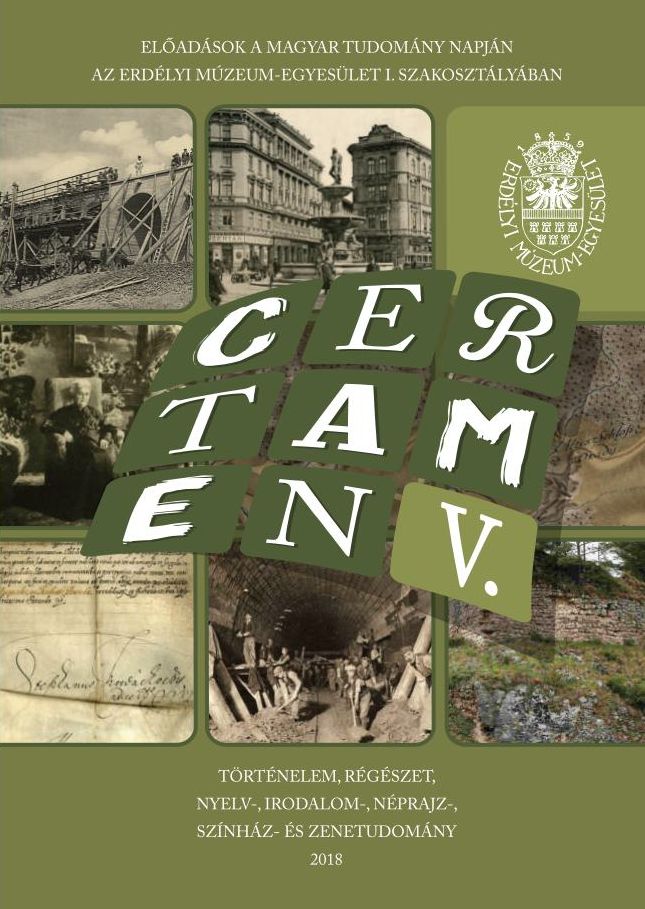Székelyföld önellátása a két világháború közti romániai magyar közgazdasági gondolkodásban
Szeklerland’s Self-Sufficiency in Interwar Hungarian Economic Thought
Author(s): Tamás SárándiSubject(s): Economic history, Social history, Interwar Period (1920 - 1939)
Published by: Erdélyi Múzeum-Egyesület
Keywords: Szeklerland; interwar Hungarian economic thought; agriculture; self-sufficiency;
Summary/Abstract: The study is the synthesis of Transylvanian agriculture’s situation and possibilities in the interwar period. Hungarian economic thought considered agriculture the basis of social organization and minority autarchy. The goal was the establishment of a minority autarchy that would have included every major institution (churches, schools, banks, cooperatives), their activity being coordinated by an Economic Council. Building a parallel society with all necessary institutions within Romania’s borders would have been the final goal and its basis would have been self-sufficiency. Although both Transylvania and Szeklerland were considered self-sufficient at the time, in reality this was not the case. By means of statistical data, the study presents agriculture’s condition in the epoch, suggestions for its development, as well as the reasons why these never materialized.
Journal: Certamen
- Issue Year: 2018
- Issue No: V
- Page Range: 247-261
- Page Count: 15
- Language: Hungarian

